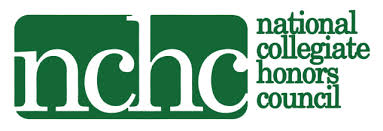The Path to Research Success (Biomed Science Edition)
Small Bites - 1 Credit Hour - UHON 375
Instructor(s): Jason Moore
Course Description
Research… Pushing back the bounds of human knowledge/experience. It lies at the centre of a university’s mission. It provides huge benefits for participating students, even if they don’t end up as researchers. It is the engine by which our society develops. But how do you become a researcher? And how do you do it right?
As an undergraduate with interest in participating in research it is often hard to know where to start and most students find a research placement during their later years at university through luck rather than judgement. And by this point it’s too late to reap many of the rewards of extended research participation. This course aims to address those concerns. You will learn what research is in an academic setting and why it’s beneficial to participate. You’ll be trained to be an ethical researcher and then you will have the chance to learn about some of the incredible biomedical research that is being undertaken on North Campus from the researchers themselves. At the end of the course, there will be a matching session that will provide students with the chance to join the lab of one of the participating researchers next semester, participate in a genuine research project, and earn 6CR that can count towards your Honors credential!
The course will meet once per week in the Honors College Forum. For the first four weeks of class you will be presented with readings around the nature of academic research and its ethical undertaking that will serve as prompts for in-class discussion and written exercises. For the remainder of the course you will be hearing from researchers from the School of Medicine about the incredible cutting-edge research that they’re carrying out. Each of these researchers will have places available in their labs for undergraduates to carry out research next semester (for Honors credit!). Students will be expected to ask questions of the presenters, submit weekly summaries of the researchers’ projects that are presented, and an end-of-semester reflection describing what they’ve learnt about academic research in the biomedical sciences and how their understanding/approach to research has changed as a result of this course.



Social Media
For news, information, prizes and more fun stuff follow us on our social media!
Honors College Resources